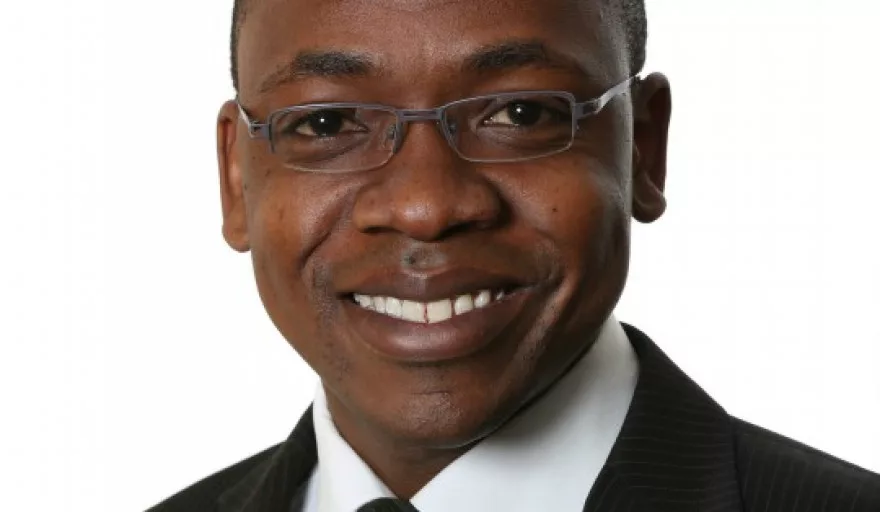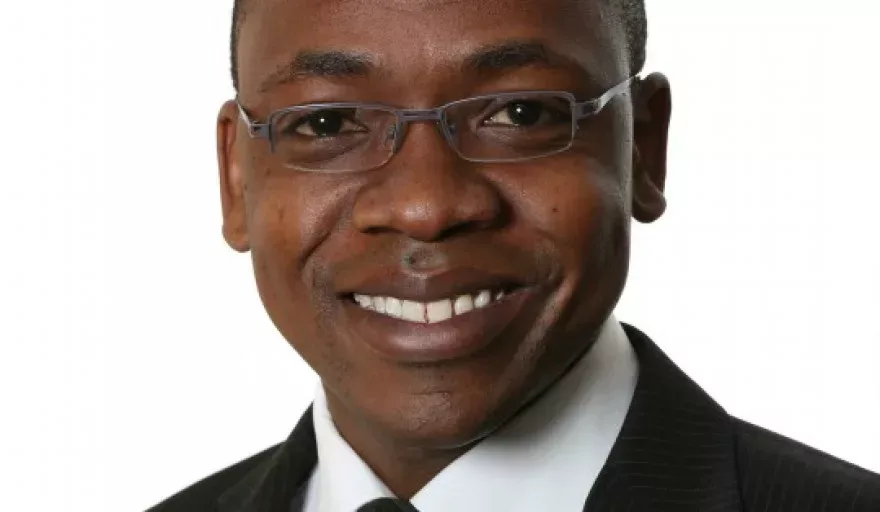
Hosted by Africa’s premier investment and real estate development conference producer, API Events, the ZimReal Property Investment Forum on 13 June is a keenly anticipated event for the local industry and regional investors.
Host, Kfir Rusin said: “We’ve received a lot of interest from local stakeholders from both the private and public-sector, which is headlined by the Hon. July Moyo, Minister, Ministry of Local Government Public Works and National Housing who will deliver the keynote address. From the private sector, we have the pension funds, developers and leading regional thought leaders presenting and engaging with one another in high-level panel discussions at this year’s event,” said Rusin.
According to one of Africa’s top emerging economists, Neville Mandimika of Rand Merchant Bank (RMB), the markets have been buoyed by recent developments in the country. Noted for his strong opinions on Africa’s markets, his presentation is titled ‘Opening Zimbabwe’s doors to the world’ and will focus on what needs to be done to increase the flow of capital into Zimbabwe.
“We estimate that approximately $400 million has already flowed into the country since the changeover, but there are billions waiting at the gate.”
With his finger on the pulse of Africa’s emerging markets and investor sentiment; Mandimika believes that the elections still hold the key to unlocking international capital for investment.
“The appetite is there, but what investors want to see is how, not who wins the election, but how they are won,” he said.
His sentiments are shared by Rusin: “We host multiple conferences each year, and Zimbabwe’s investment stock has risen dramatically in the eyes of the big funds targeting Africa, who use our events to investigate each market’s attractiveness.”
While much of the capital remains at the proverbial border post, the market’s growing confidence is visible in the number of initiatives planned by the local pension funds, emerging residential developments and new retail centres such as the new Village Walk Centre in Harare.
While clear election results are likely to increase market liquidity and grease the levers of development and commerce, for Mandimika another critical topic for discussion is the need for clarity on monetary policy: “We need to establish if we are going to continue using bond notes and re-establish the local dollar or will we join the common monetary union, which links Namibia, Lesotho, South African and Swaziland into a union?”
While, joining the local union is one option, Mandimika believes that it is unlikely that Zimbabwe will follow this course and believes they are likely to see a few more years of bond notes before any changes are adopted.
The policies enacted in the medium to long-term are particularly poignant for Mandimika as he is a member of the highly skilled diaspora.
“If there is certainty around policy for the next couple of years, I think a lot of us would consider returning home and also investing in the short-term.”
With millions of Zimbabweans living in South Africa, Europe and the Americas, the influx of capital and skills could be a major benefit for the growth of the economy he added.
While Mandimika’s focus is strategising how the market will encourage capital inflows, he will also reveal bespoke indicators designed to approximate what the implied exchange rate for the bond note actually is.
“Often a change in government leadership results in big currency moves (Angola and South Africa are recent examples); however, under a multi-currency regime this is difficult to ascertain. I will be presenting a new approach to approximate how big the political changeover was and the scenarios for the upcoming elections,” he said.
“We’re excited to have Neville present at the conference, not only as one of Africa’s top emerging African economists, but also as someone who is Zimbabwean and who has a regional and local perspective to offer the market,” added Rusin.






























